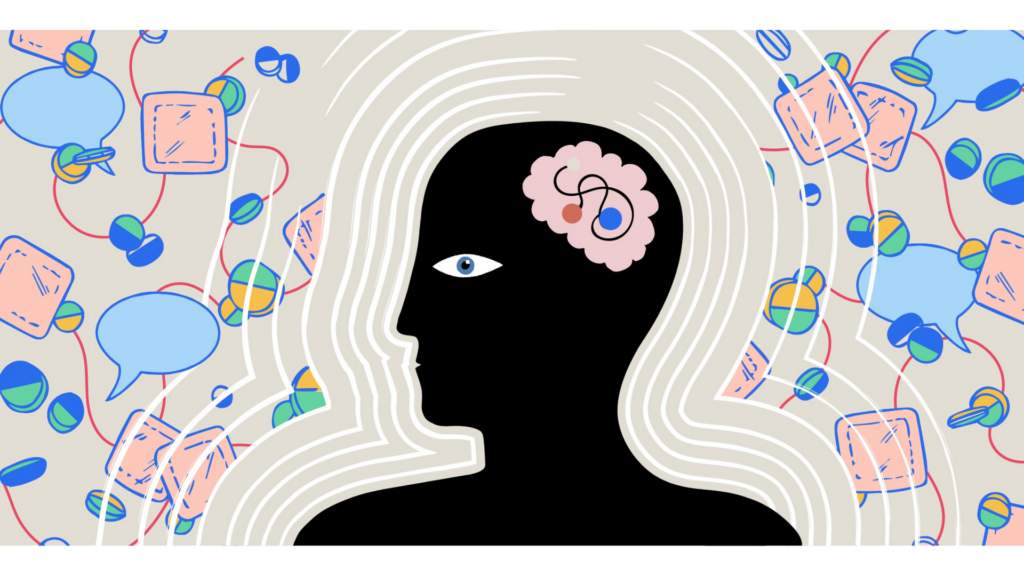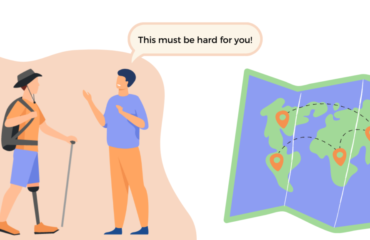
Tourette’s is in my speech, not in my intellect
Have you ever come across someone who shows sudden quick movements, twitching, vocalizations, repetitive words? If yes, chances are that that person has Tourette’s syndrome. This is one of the not so common disorders falling under the umbrella term of Neurodiversity. A lot of you must be wondering what does Tourette’s really mean?
So, what is Tourettes?
Tourettes is a neurological, or more specifically a neurodevelopmental motor disorder. Usually the symptoms of Tourettes include twitching, blurting of words without any control and these are known as “Verbal tics”. Sometimes the “Motor tics” can manifest as sudden movement of hands, shoulder shrugging, jerking of the head, hands and feet.
These motor and verbal tics can be quite dramatic and usually aren’t in the control of the person. Their voluntary movements could turn out to be involuntary. In simple words, let’s say I ask you to hold back your sneeze; pretty uncomfortable and impossible right?
By now you must be quite intrigued and wondering, what really causes Tourettes? So let’s dive deep into the science of Tourettes now!
Causes of Tourettes
While there is still a lot of ongoing research on finding out the exact cause of Tourettes, scientists have been able to figure out that the varying brain chemicals called “neurotransmitters” have a significant role to play.
Certain chemicals like serotonin and dopamine which control nerve impulses have a role to play in causing tics which are manifested in Tourettes.
Management of Tourettes
Like most neurodevelopmental conditions, there is no fixed cure or treatment for Tourette’s. However, it can be managed with different interventions. It’s advisable to consult your family physician or therapist on how to get help!
Education
Firstly educating the community (allies, friends, siblings, coworkers) about Tourette’s can go a long way for the neurodiverse person, as it will help them feel more comfortable, supported and included in their social and professional circles. People with Tourette’s can not stop having tics and are not being disruptive on purpose. When neurotypicals are more mindful of this fact, it will help lessen the tic symptoms overall!
Medications
Certain types of medication can be prescribed to help control the severity of the symptoms and lessen the tics. These medicines help reduce severe or disruptive tics that might serve as a hindrance in their daily life both personal and professional. Medications can also help reduce the symptoms of comorbid conditions like OCD and ADHD. Different combinations of medicines can be used to see what suits different people with Tourettes, thus helping them carry on their day-to-day tasks with ease and without any barriers.
Therapy
Different forms of therapy can be used and applied to help people with Tourette’s manage their symptoms and reduce tic-related impairments in children and adults. Some of the types of therapy which are used for managing tics are behavioral therapy, cognitive and psychological therapy and parent therapy which helps parents understand their child’s behavioral issues and learn parenting skills like using positive reinforcement and disciplining their child in the appropriate manner.
Want to learn more?
If this article has garnered your attention in understanding and learning more about Tourette’s Syndrome, a must watch Hindi movie would be Hitchki! If you would like to titillate the nerd in you and learn more about the science of Tourette’s, watch our Reservoir video here!




You must be logged in to post a comment.